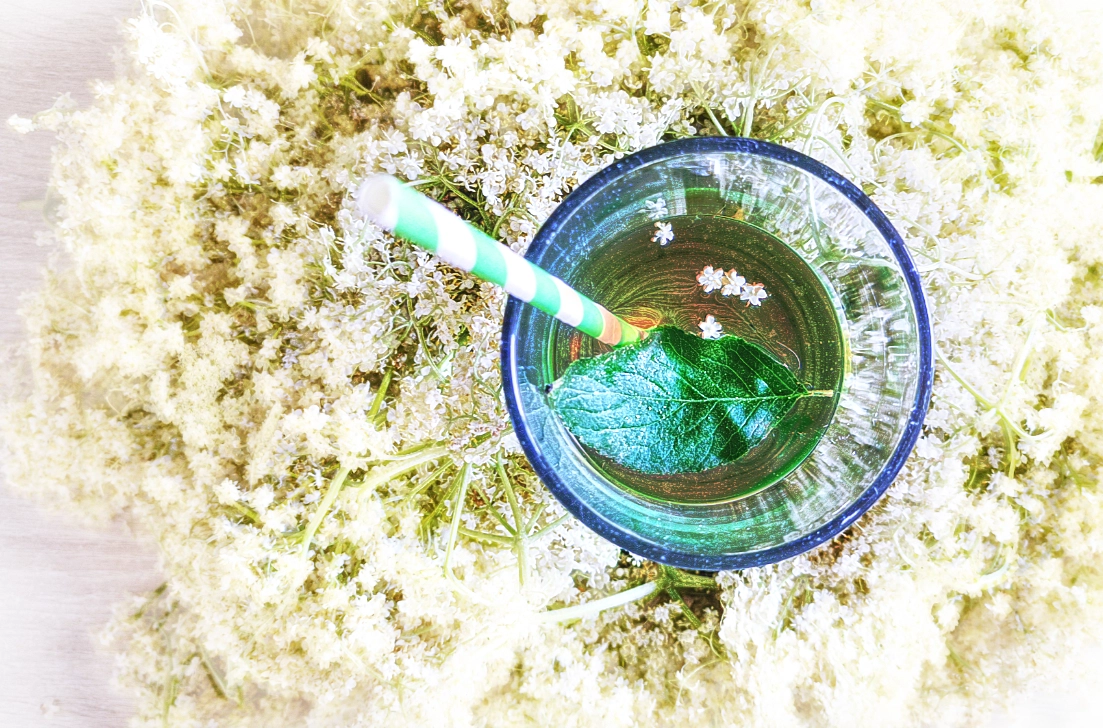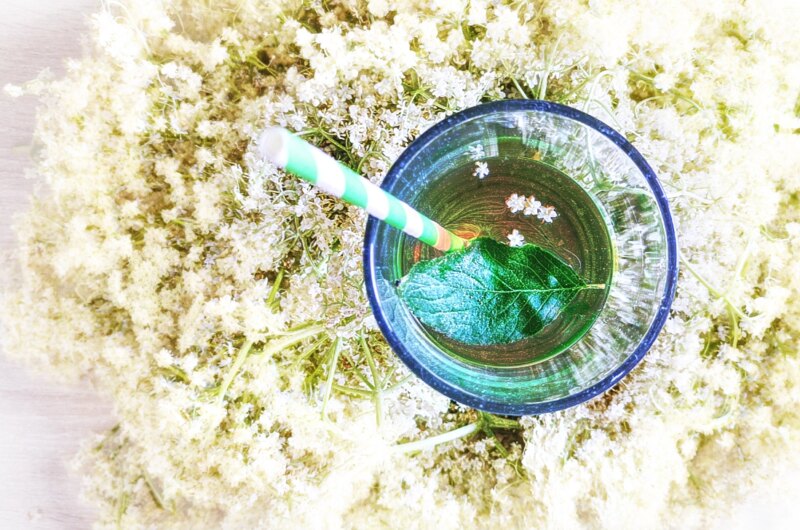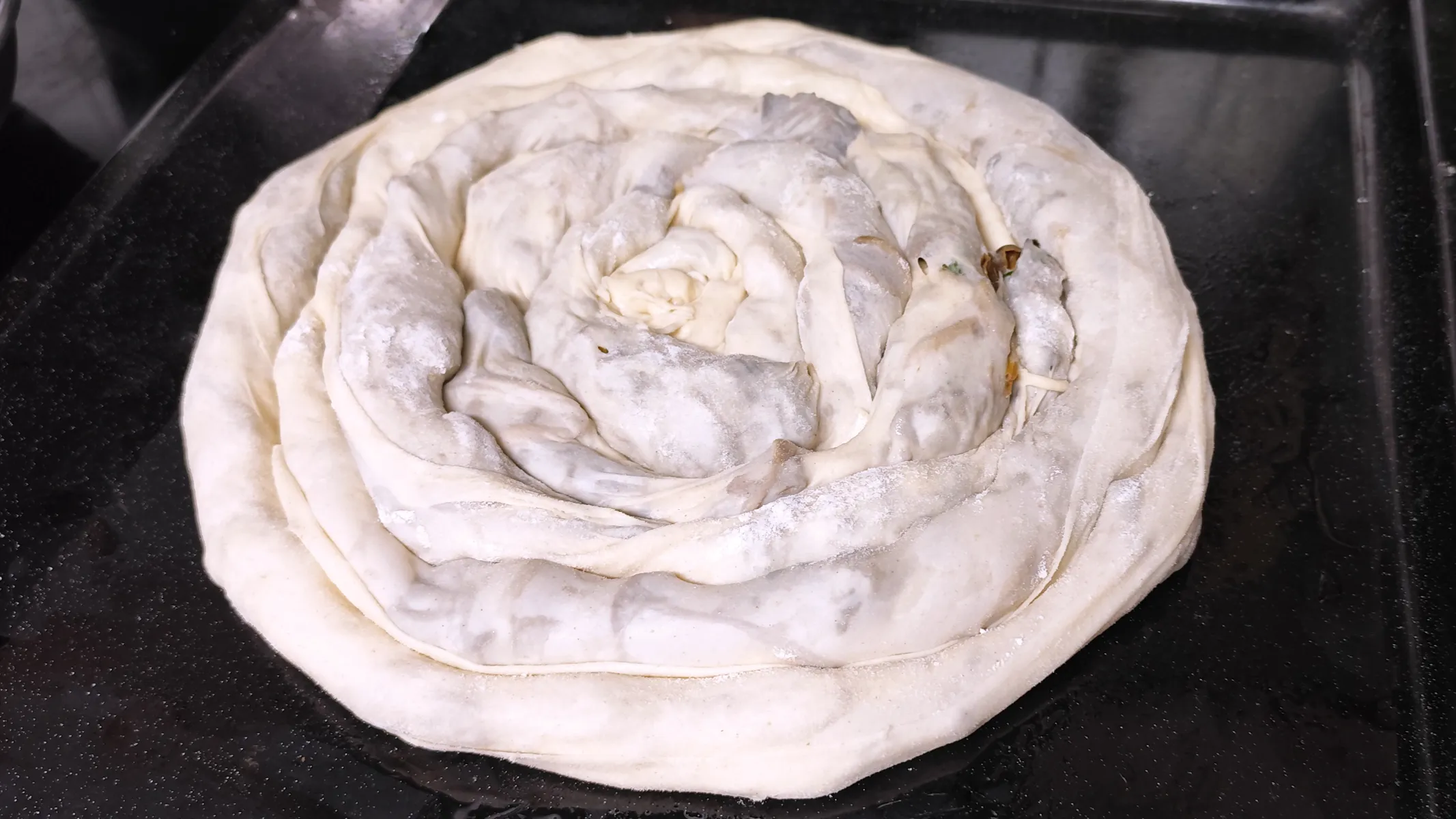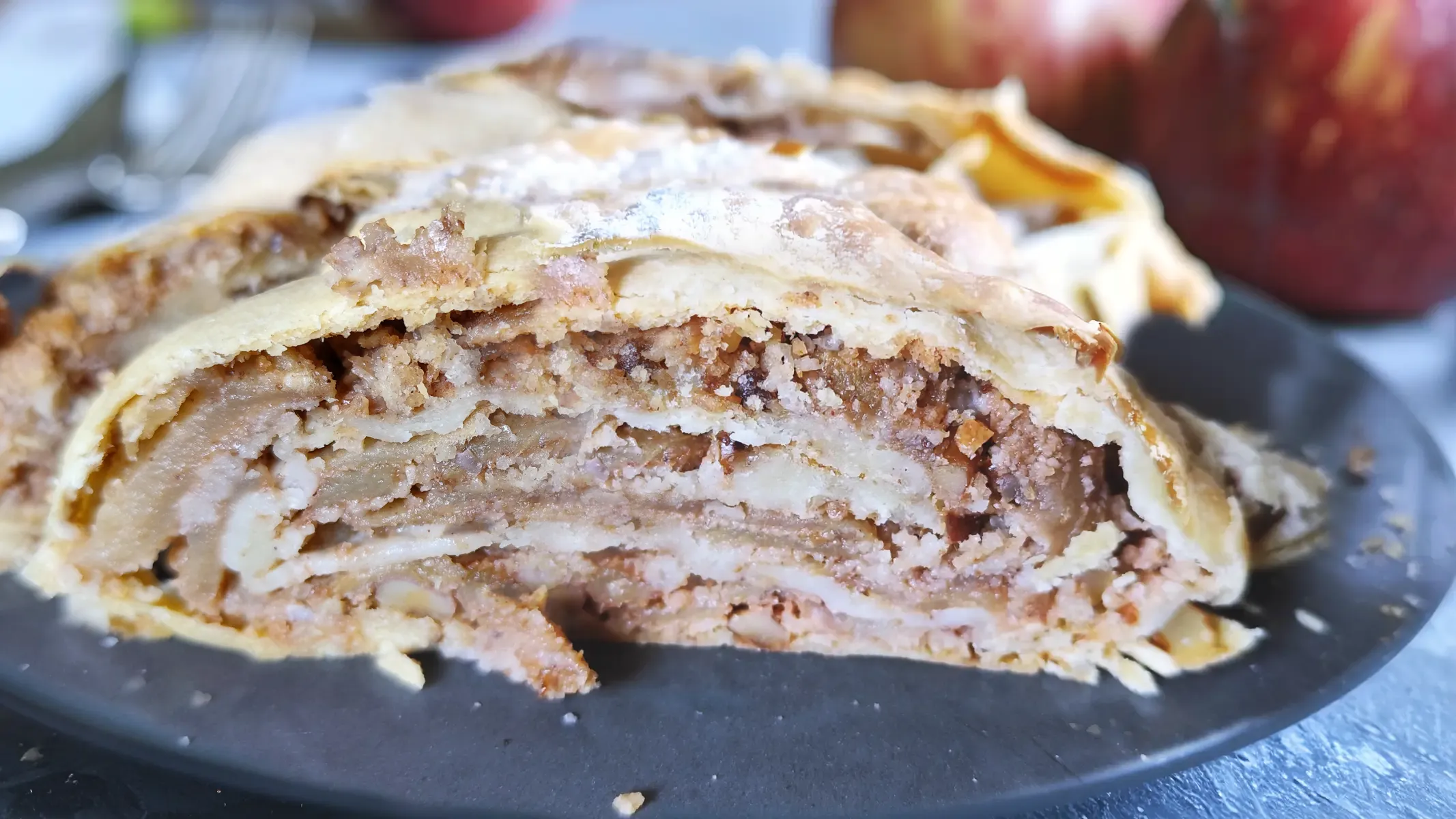Elderflower cordial is typically made from the flowers of the elderberry plant. The flowers are picked when they are in full bloom, usually in late spring or early summer.
To make elderflower cordial, the elderflowers are soaked in a syrup water, which is a mixture of water and sugar. Here’s a basic recipe!
Watch video:
Table of Contents
Family tradition
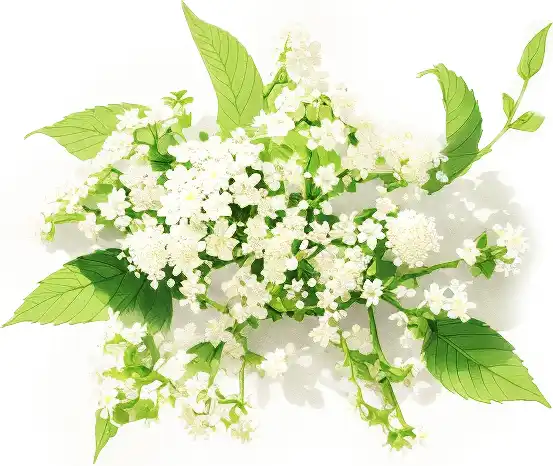
The Elderflower Cordial was part of our family’s traditions, shaping our childhood with a flavor that left us longing for its return every year.
Now that I have kids of my own, I lovingly carry on this time-honored tradition with them. We go out to the countryside, hunting for elderflower blooms announcing summer’s arrival.
To me, elderflower means the deep ties between nature, family and the passage of time. It’s a reminder to value tradition, honor the past, and create lasting memories that will shape those who come after us.
That’s why Elderflower Cordial deserves its own special recipe.
Elderflower cordial recipe
What is elderflower cordial made from, check below?
How to Make Elderflower Cordial: Elderflower Juice
Difficulty: EasyElderflower cordial is made from the flowers of the elderberry plant. To make elderflower cordial, the elderflowers are soaked in a syrup water, which is a mixture of water and sugar.
Ingredients
40 elderflower heads – Gently shake to remove any insects while avoiding washing the flowers which could diminish their flavor.
4.5 liters of water
3 lemons
3 kilograms (or about 6.6 pounds) of sugar
30 g of citric acid
Directions
- Begin by gently shaking the elderflower heads to remove any insects or debris while avoiding washing the flowers since washing them could diminish their flavor.
- In a large pot, soak the elderflowers for 24 hours.
- Strain the liquid through a fine-mesh sieve or cheesecloth into a clean large pot.
- Add the sugar and citric acid to the large pot. Also add the lemon zest and lemon slices to the water. Stir well to ensure everything is thoroughly combined.
- Put the large pot containing the mixture over medium heat and bring the water to a boil.
- Stir occasionally until the sugar has completely dissolved into the mixture.
- Remove the pot from the heat and allow the syrup to cool to room temperature, which will take a couple of hours to fully set.
- Prepare sterilized bottles by washing them thoroughly and then sterilizing them using your preferred method, such as boiling or using a dishwasher.
- Carefully pour the elderflower syrup into the sterilized bottles, using a funnel if necessary, to avoid spillage.
- Seal the bottles tightly and store them in a dark, cool place, such as a pantry or refrigerator.
- The elderflower syrup can be stored for several months. Once opened, keep it refrigerated and consume it within a few weeks.
Recipe Video
Notes
- To enjoy the elderflower syrup, you may dilute it with sparkling or still water, use it as a sweetener in various beverages, drizzle it over desserts, or get creative with your culinary creations.
- Make sure to harvest elderflowers from a trusted source and avoid using flowers sprayed with pesticides or growing near heavily trafficked areas.
Elderflowers usually bloom in late spring and early summer, from May to June. You can find them in Europe, North America, and Asia. When you pick elderflowers, make sure you identify them right so you get the right plant. Elderflowers are small, cream colored flowers with a sweet smell. They grow in bunches on elderberry bushes, which have woody stems and compound leaves.
Elderflower juice health benefits
More about elderflower and many health benefits you can read on given link of see on this informgraphic below.
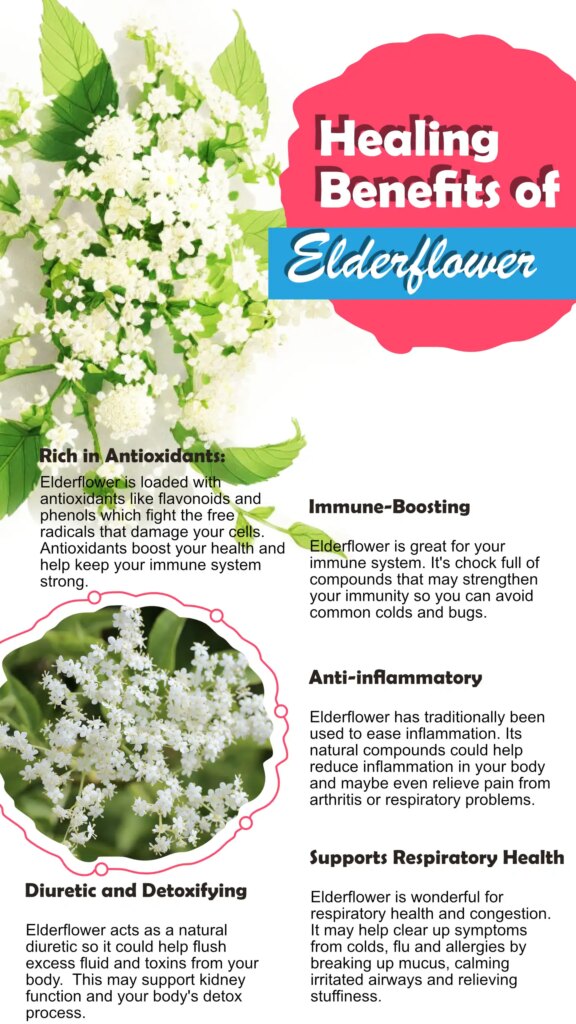
Rich in Antioxidants
Elderflower is loaded with antioxidants like flavonoids and phenols which fight the free radicals that damage your cells. Antioxidants boost your health and help keep your immune system strong.
Immune-Boosting
Elderflower is great for your immune system. It’s chock full of compounds that may strengthen your immunity so you can avoid common colds and bugs.
Anti-inflammatory
Elderflower has traditionally been used to ease inflammation. Its natural compounds could help reduce inflammation in your body and maybe even relieve pain from arthritis or respiratory problems.
Supports Respiratory Health
Elderflower is wonderful for respiratory health and congestion. It may help clear up symptoms from colds, flu and allergies by breaking up mucus, calming irritated airways and relieving stuffiness.
Diuretic and Detoxifying
Elderflower acts as a natural diuretic so it could help flush excess fluid and toxins from your body. This may support kidney function and your body’s detox process.
| Nutrient | Amount per Serving |
|---|---|
| Calories | 120 |
| Total Carbohydrate | 31g |
| Sugars | 31g |
| Vitamin C | 25% DV |
Please note that the nutrition values provided are approximate and may vary.
Calories: In Elderflower syrup, the calorie content comes from the sugar used in the recipe.
Total Carbohydrate: Elderflower juice contains carbohydrates mainly from the sugar used in the recipe.
Sugars: Elderflower juce is high in sugar due to the added sugar in the recipe. Consuming excessive amounts of sugar can contribute to weight gain and increase the risk of various health problems.
Vitamin C: Elderflower juice contains vitamin C from the lemons used in the recipe. Vitamin C is an antioxidant that supports immune function, collagen synthesis, and helps with the absorption of iron.
It’s important to note that Elderflower Cordial should be consumed in moderation as a sweet treat due to its high sugar content.
Other Recipes on this blog with Elderflower flowers:
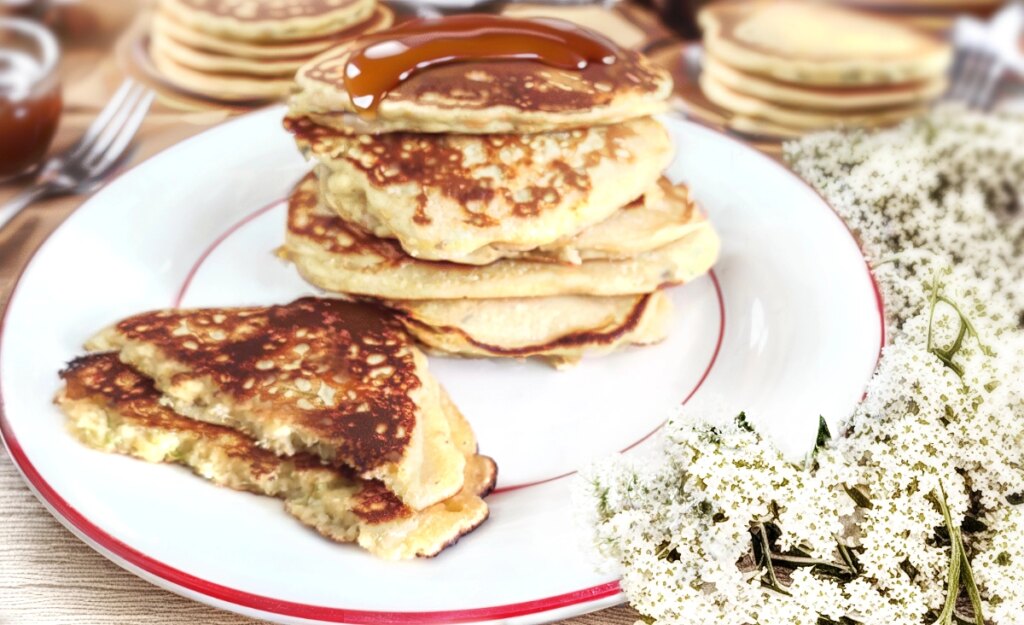
Elderflower Pancakes provide a delightful culinary adventure, utilizing the rewards of foraging and the singular tastes of elderflowers. Foraging elderflowers not only permits you to interface with nature yet in addition gives an open door to appreciate the wholesome advantages they offer. Appreciate!
Other resources with a lot of pieces of information about Elder
Foraging for Elderflower

